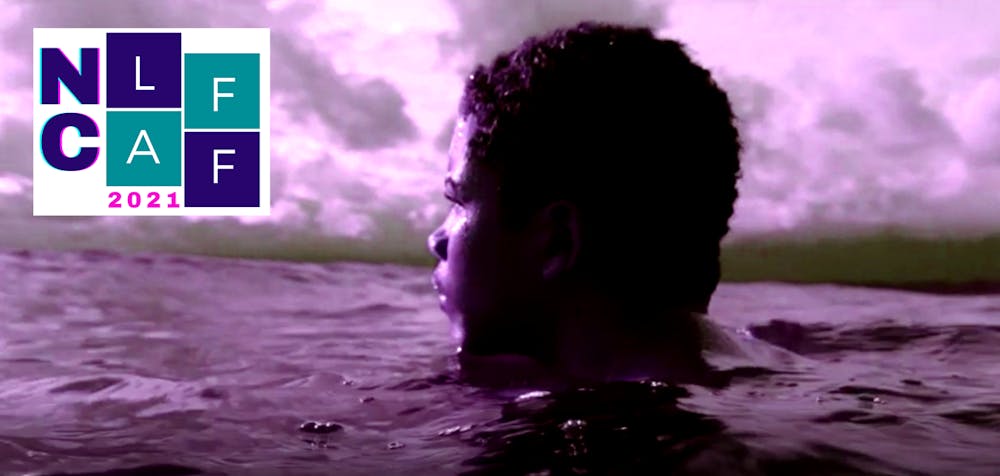Running throughout the month of October, the 2021 North Carolina Latin American Film Festival celebrates Latin American perspectives in cinema, showcasing feature-length and short films. The festival invites filmmakers from across the region, showing films in 13 languages, and serves as a bridge between various cultures of the 26 countries. The festival features both in-person and virtual events, with the films being shown over Zoom. All events are free and open to the public.
NCLAFF is organized by the Consortium in Latin American and Caribbean Studies at the University of North Carolina at Chapel Hill and Duke University, and spearheaded by Miguel Rojas-Sotelo, an art historian who holds a doctorate in visual studies, contemporary art, and cultural theory.
Attending the first night of the festival was a great learning opportunity for me. I’ve never attended any film festival before, much less one with an emphasis on any particular community. NCLAFF offers a list of tips for enjoying the films, including being on time, connecting your computer to a TV, turning the lights down and bringing snacks. I made sure to follow this advice as I attended the first night of films with some food and dimmed lights. I watched two animated short films followed by a powerful documentary, “Two Brothers (Los Hermanos).”
The first short film I watched, “This is Real: a Latino family fights for its right to access healthcare” the Murillo family’s story of the pain they went through when their entire family contracted COVID. The short film is filled with heartbreaking moments where the father’s health deteriorates; however, the film subsequently transitions to the Murillo family describing how they advocated for themselves in the hospital, and how other Latinos can as well. The second short film,“Cuentos de Viejos/Old Folk’s Tales,” another animated film, features the narrator reflecting on his childhood in Santa Marta, Colombia. Both short films have gorgeous visuals, and I was delighted to watch them before the movie began. The experience felt akin to watching a Pixar short film, which is not all too common in the age of streaming. Especially while following the recommendations for enjoying the films on the NCLAFF website, it felt as though I was reliving the theater experience.
Following these short films was “Los Hermanos.” The film documents the diverging lives of New York-based violinist Ilmar López-Gavilán and his brother, Havana-based pianist Aldo. Ilmar left Cuba at the age of 14 while Aldo was 8. “Los Hermanos” parallels the political division between Cuba and the United States to the separation Ilmar and Aldo endured on both sides of the Iron Curtain. Growing up as musicians, they both found an outlet in their respective instruments, even though they lived apart from each other. The movie intertwines current events, explaining Cold War-era foreign policy with regards to when diplomatic relations between the United States and Cuba began to truly deteriorate. The film also showcases the Cuban Thaw under Barack Obama. Despite being a beacon of hope for the subjects of the movie, the film ends in an era of uncertainty, as the following President sought to undo the Cuban Thaw.
The standout moments of “Los Hermanos,” however, were the blissful live performances by Ilmar, Aldo and American violinist Joshua Bell. After the thawing of relations between the United States and Cuba, Ilmar and Aldo are presented with more opportunities to perform with each other, leading to poignant moments of interactions between two brothers informed by different circumstances. While Cuba and the United States found themselves on different ideological sides of the Iron Curtain, their geographic and cultural proximity to one another makes them estranged siblings. The film beautifully displayed this dynamic by following two brothers personally impacted by the conflict.
While one may understandably be skeptical of a remote festival at first, I thought that the event was a wonderful showcase of perspectives I had seldom before been exposed to. The festival, which will host its final night Oct. 31, is a great opportunity for accessible entertainment while also watching thought-provoking cinema.
Get The Chronicle straight to your inbox
Sign up for our weekly newsletter. Cancel at any time.

